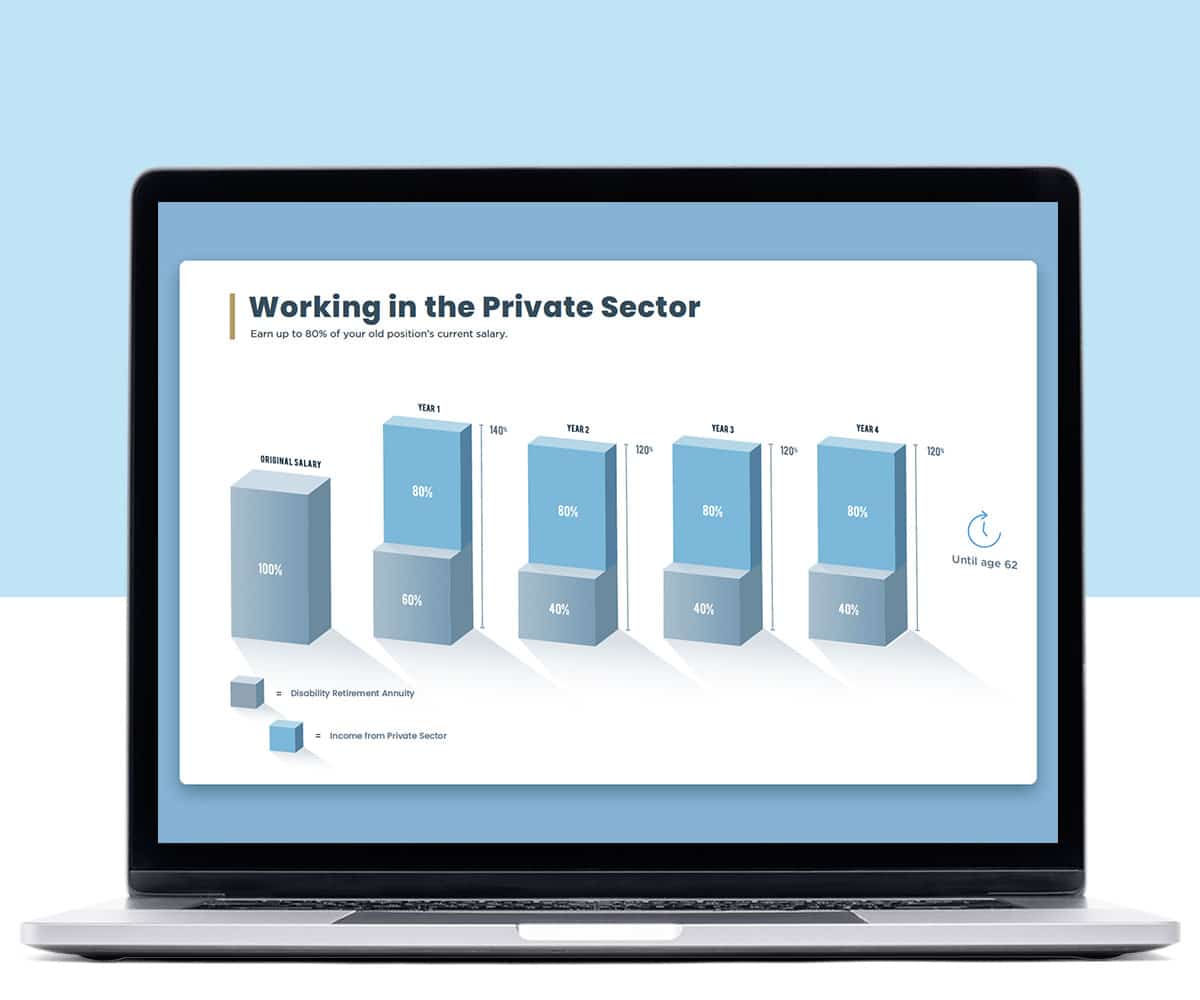
The Family Medical Leave Act requires all federal agencies to allow federal employees to take up to 12 weeks of unpaid leave per calendar year for any reason identified in 29 C.F.R. § 825:
- To care for an immediate family member (spouse, child, parent) with a serious health condition
- For placement with the employee of a child for adoption or foster care
- To take medical leave when the employee is unable to work due to a serious health condition
- For the birth or care of a newborn child of an employee (also includes time off needed for pregnancy complications)
Employee Qualifications
To qualify, federal employees must have worked for a federal agency for at least 12 months and at least 1,250 hours over the past 12 months. Under some circumstances, employees can use FMLA leave on an intermittent basis. Employees can also choose to use accrued paid leave concurrently with FMLA leave so they are in a paid status.
A federal agency can’t seek to take any form of personnel action against an employee when they are in an approved FMLA leave status.
When a federal employee seeks to use FMLA leave for the first time, it’s the agency’s duty to notify the employee of their rights to apply for FMLA leave. Upon return, the employee must be restored to their original job, or to an equivalent job with equal pay, benefits, and other terms and conditions of employment. Employers are also required to continue group health insurance coverage under the same conditions as if the employee hadn’t taken leave.
Employees must have their medical provider certify their answers to questions about the medical condition, including the duration of the condition, necessary treatment for the conditions, the impact on the employees’ ability to perform essential functions of their position, and the amount of leave necessary. These answers may impact the agency’s decision to approve an FMLA leave request.
Agency Requirements
Agencies are required to notify the employee of their rights to utilize FMLA leave, however, agencies sometimes fail to give proper notification, so it’s important for federal employees to know their rights.
It’s unlawful for an agency to interfere with, restrain, or deny an employee FMLA rights. It’s also unlawful for a federal agency to remove an employee or discriminate against any employee because of any matter related to utilizing their rights under FMLA.
Finally, it’s important for federal employees to know that you have the right to file a court complaint against your federal agency if you feel your FMLA rights have been violated.


